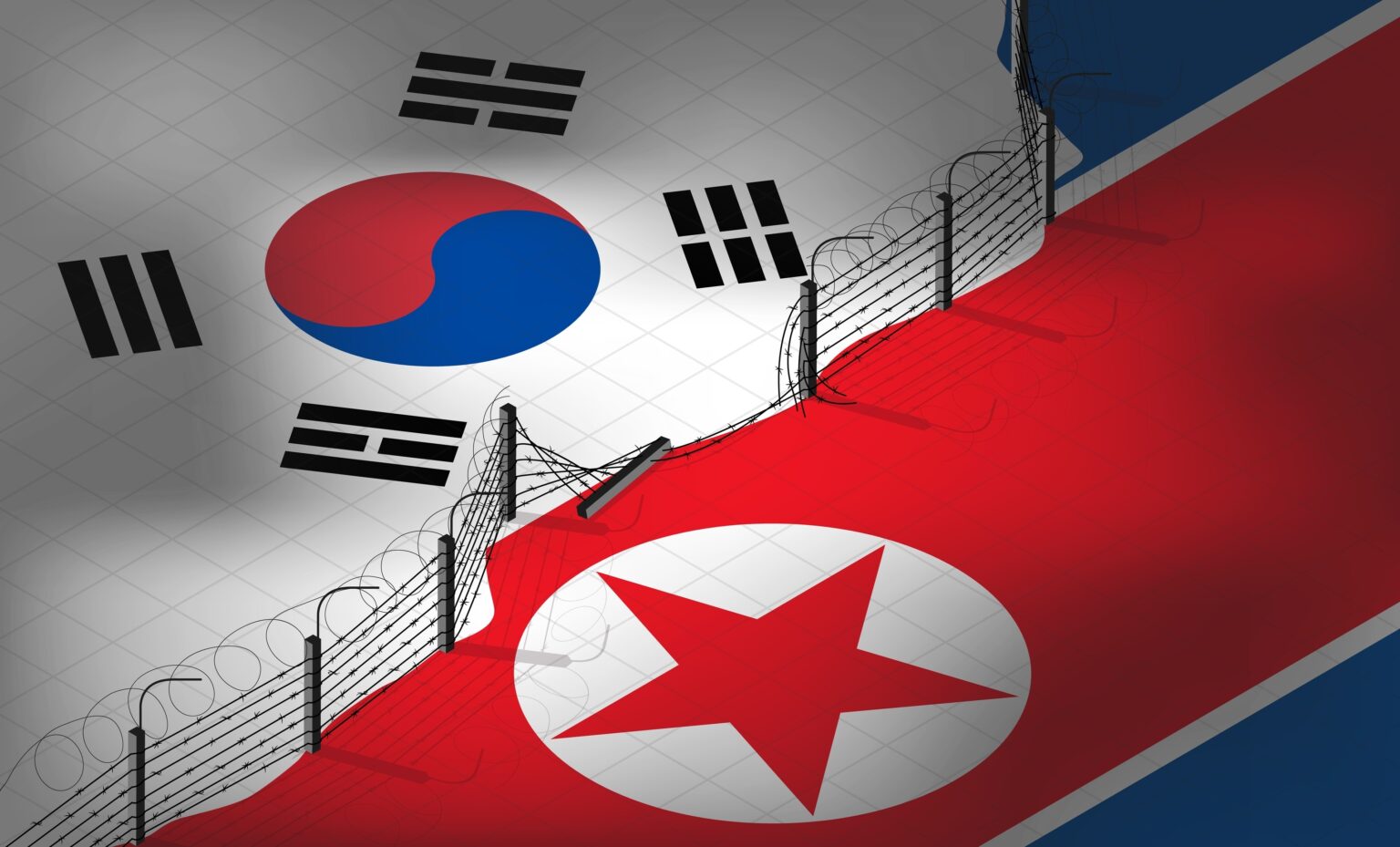South Korean activists and defectors from North Korea launched a new wave of balloons into the isolated country this week, carrying not just leaflets critical of the regime, but also essential supplies such as rice, vitamins, and painkillers. This unconventional act of cross-border aid was organized by Fighters for a Free North Korea, a group led by Park Sang-hak, a high-profile defector.
According to Park, 20 balloons were sent across the heavily fortified border overnight. Each one was equipped with 1 kilogram of rice, 1 US dollar, and small medical kits. The mission, he said, aimed to support the struggling population of North Korea and break through the state-controlled information blackout.
Park added, “The North Korean people are suffering from chronic food shortages and economic hardship. These balloons are our way of offering hope and truth.”
These efforts come despite fierce opposition from the South Korean government, which has long discouraged such launches, citing the risk of escalating tensions with Pyongyang. In recent years, Seoul has even pursued legal action against activists under a controversial law that bans the distribution of propaganda leaflets into the North.
North Korea Threatens Retaliation Over Border Balloons
The reaction from North Korean authorities was swift and aggressive. On Wednesday, state media accused the South of violating its sovereignty and labeled the balloon launches as a hostile act. In retaliation, North Korea has resumed its own campaign of sending balloons into the South—this time filled with garbage and waste.
This tit-for-tat behavior isn’t new. In May and June, Pyongyang sent over 1,000 balloons carrying trash, animal feces, and used plastic into South Korean territory, sparking condemnation from citizens and local officials alike.
The South Korean military confirmed on Thursday that additional trash balloons had been detected and were being retrieved. Authorities said no dangerous materials were found, but the psychological impact and environmental damage were significant.
Meanwhile, North Korea’s Kim Yo Jong, the sister of leader Kim Jong Un, issued a rare public statement warning that further balloon activity from the South would lead to “strong counteractions.” Her remarks are widely seen as a signal that Pyongyang could increase military pressure, perhaps even staging missile launches or cyberattacks in retaliation.
Legal and Political Tensions Rise in South Korea
Back in Seoul, the balloon incident has reignited debates about freedom of expression versus national security. The current Yoon Suk-yeol administration has taken a more conservative approach to North Korea, reinstating joint military drills with the United States and hardening its stance on diplomacy. Yet even within South Korea, views on the balloon launches remain sharply divided.
Human rights activists argue that sending rice and information to North Korea is a moral obligation, especially given the closed nature of the regime. Defector groups maintain that their efforts can pierce the government’s propaganda and inform ordinary citizens about the outside world.
However, government officials warn that these actions provoke unnecessary confrontation and put border communities at risk. The Ministry of Unification reiterated its disapproval of private balloon campaigns, stating, “We understand the intention behind these actions, but such efforts must be conducted with safety and diplomacy in mind.”
Despite the official warnings, Park Sang-hak and his group say they plan to continue launching balloons. He insists that the humanitarian and informational impact outweighs the political fallout, calling it a “peaceful resistance for the sake of our people.”
Observers now worry that the growing tension could derail efforts for renewed inter-Korean dialogue, which have stalled since 2019. With both sides trading symbolic but aggressive gestures, the fragile peace on the peninsula once again hangs in the balance.


